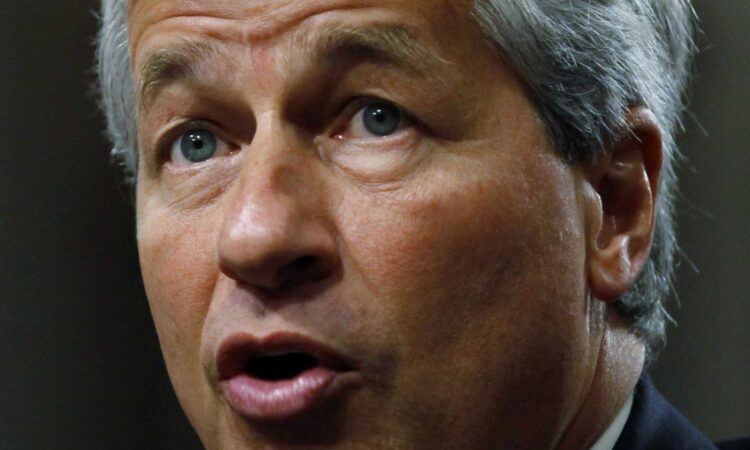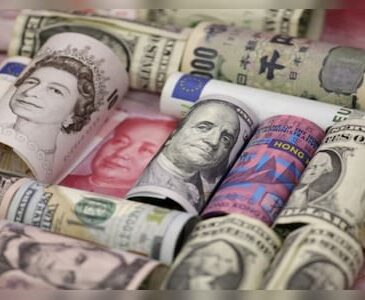
- JPMorgan CEO Jamie Dimon blasted bitcoin as worthless and said it enables criminal activities.
- The billionaire banker said a recession is still possible and could happen this year.
- Household finances, government debt, and foreign conflicts could all weigh on growth, he said.
Jamie Dimon has delivered a fresh tirade against bitcoin, and warned investors not to rule out a recession this year.
“I’ve always said that bitcoin doesn’t have value,” the JPMorgan CEO told Fox Business Network this week. “The actual use cases are sex trafficking, tax avoidance, money laundering, terrorism financing. It’s not just people buying and selling bitcoin.”
Cryptocurrencies are popular in part because they can be traded anonymously and transactions are difficult to trace. Dimon has previously dismissed bitcoin as a “hyped-up fraud” and a “pet rock,” derided it and other crypto tokens as “Ponzi schemes,” and declared the government should close them down.
The billionaire banker also told Fox Business that he’s cautious about the US economy. Equity and credit markets have priced in a soft landing, supported by historically low unemployment, wage growth, buoyant home prices, and improving access to credit, he said.
“Consumer’s in good shape,” Dimon said, before adding that he’s “a little skeptical of the Goldilocks scenario.” He was referring to hopes that the Federal Reserve’s hikes to interest rates will succeed in crushing inflation without interrupting economic growth.
“I still think the chance of it not being a soft landing are higher than other people,” he said. “It’s not terrible. It might be a mild recession or a heavy recession,” he added, noting a downturn is possible this year.
Dimon ticked off a bunch of reasons why he’s worried. Consumers’ pandemic savings are likely to run out this year, rates are still above 5%, the government faces mounting interest payments, and the Federal Reserve hasn’t pursued “quantitative tightening” or the shrinking of its balance sheet as yet.
“All of those factors may very well push us into recession as opposed to a soft landing,” he said. Dimon also flagged ongoing conflicts in Ukraine and the Middle East as geopolitical risks that could affect everything from oil, gas, and food prices to migration and economic relationships.
The Wall Street heavyweight said he’s skeptical the Fed will cut rates as swiftly as Wall Street expects. He pointed to the gaping fiscal deficit, the government’s massive infrastructure and clean-energy programs, remilitarization in many countries, and the reshaping of global trade as inflationary forces.
The pace of price growth could slow then rebound to 3% or higher, above the Fed’s target rate of 2%, he said. That could prevent the central bank from undoing its rate hikes as rapidly as expected, he noted.



